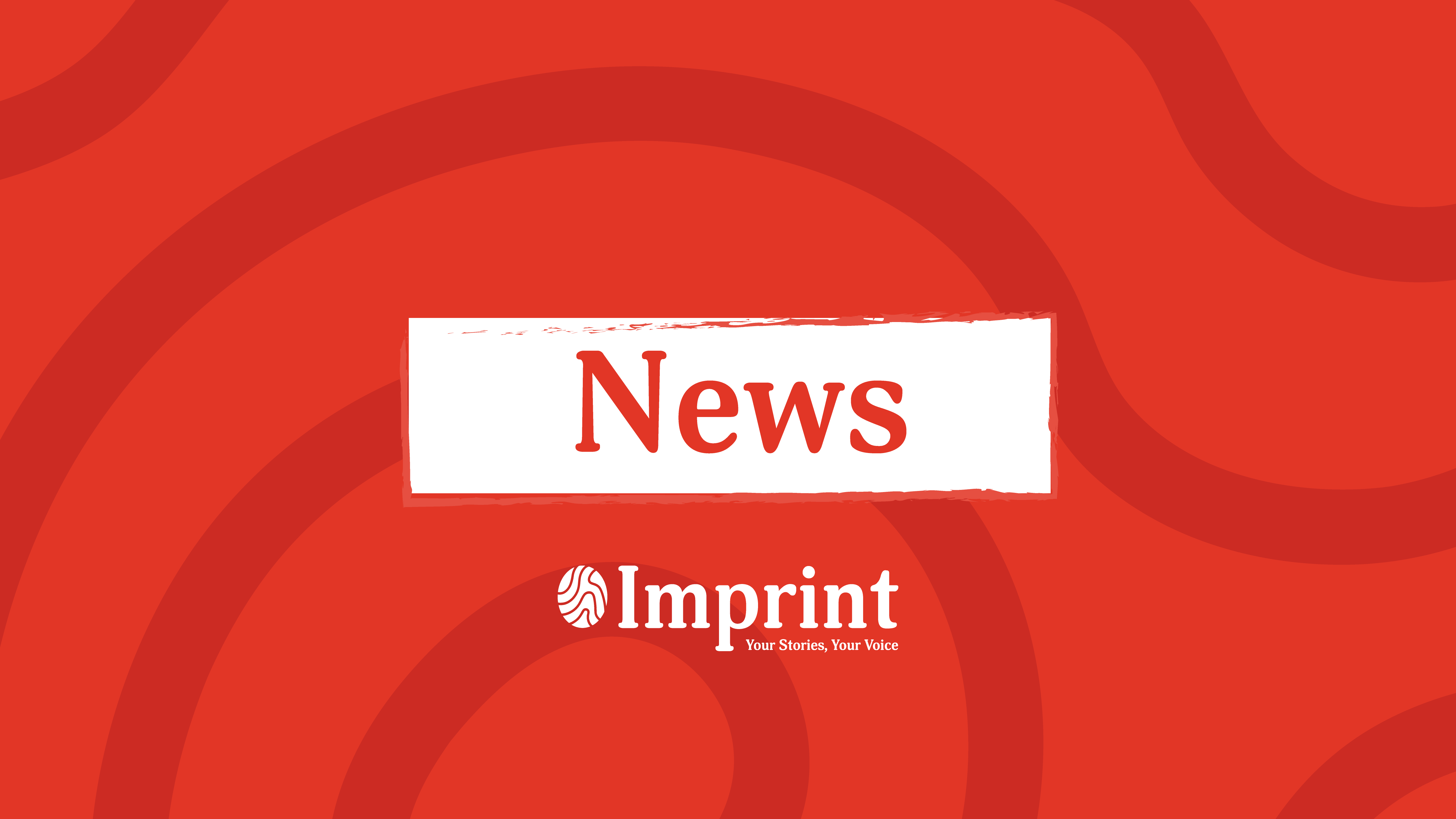
The attack on a gender issues class that occurred on campus exactly two weeks ago is a wake-up call to those who haven’t been paying attention, and a grim reminder to those of us who have.
Transphobia, homophobia, and misogyny are on the rise, with police-reported hate crimes in Canada rising by 72 per cent from 2019 to 2021, with an increase of roughly 70 per cent from 2020 to 2021 in the Kitchener-Cambridge-Waterloo area. And what’s worse, so are the justifications for violence — subtle or overt — against those who dare to speak out against them. Increased censorship on topics like gender and sexual identity, of the kind we’re seeing more of in school boards across the country, is dangerous not just because it’s an infringement on our right to speak and learn freely, but because it obstructs our ability to learn at all. How are we, as a university, expected to continue pushing academic boundaries when we’re already at the point where people’s lives are put in danger for daring to question the status quo of the binary gender structure?
The presence of hateful rhetoric on university campuses and in society in general is not something new. Jordan Peterson was a University of Toronto professor before he grew to fame on a platform of anti-left rhetoric and videos of him “destroying” trans students for asking him why he refused to use their pronouns. If you want a more local example of hateful rhetoric, in 2022, there were four incidents reported to the UW Special Constable Services which met the definition of a hate-motivated crime, including three incidents of a swastika drawn on white boards outside offices and disrespectful verbal comments directed towards a female student based on her ethnicity. This kind of rhetoric, especially when received in online echo chambers, can turn into radicalization. It does have a few different causes, including real or perceived social injustices, the need to feel like part of a community, and the desire to escape personal problems. It is also not within the university’s responsibility or capacity to fix all those issues, many of which are society-driven. However, it’s hard to argue that UW doesn’t play a particular role in one of the main factors: the need to belong, and the isolation and lack of community that implies.
UW’s gruelling study terms combined with the time-consuming (not to mention stressful) co-op search that students must handle on top of that already makes each academic term a lot to handle. And it doesn’t help when the campus lacks the community and mental health support required to prevent the worst effects of this isolation from materializing. James Chow, a student who was in the class when the attack happened, told Imprint that he could think of at least five friends of his who waited anywhere from a week to two months to talk to a counsellor. In a report on student mental health from the Office of the Provost dated 2021, the top concern from a student survey regarding Counselling Services (CS), was the long wait times, followed by concerns regarding the quality of CS and the need for more counsellors.
Another problem with the UW community is that such a thing doesn’t really seem to exist. There is community within individual faculties — each faculty seems to have its own special event or traditions, including the math faculty’s student-run publication mathNEWS and the various balls and semi-formals for the AFM program and the science, math, and engineering faculties. But that’s just it. Where there exists a semi-formal for AFM or for the science faculty, there is no such thing for the overall UW student community that extends beyond the boundaries of a particular program or faculty. A quick look at other schools shows what UW is missing: the University of British Columbia hosts an annual series of on-campus races, while the University of Western Ontario’s student pub hosts weekly Bingoes, the winner of which is allowed to smash fruit with a sledgehammer. And let’s not get started on the meager voter turnout that the Waterloo Undergraduate Student Association is increasingly subjected to year after year, while other universities boast enough student politician hopefuls to host actual debates.
The point is that UW has none of that. We have no campus-wide traditions, no space in which students are actively encouraged to let go of their faculty affiliations and view each other as peers on equal footing. All the while we continue to push students through isolating, potentially exhausting academic and co-op terms for about five years straight with insufficient mental health support and practically no community or bond they can turn to that isn’t in some way related to or built off of their studies.
We can’t yet say, with certainty, that it was these conditions that drove the attacker down the path to Hagey Hall 139. But we do know that the attacker, a physics graduate, was shy and struggled to connect with people, making it easy to imagine how the demands of such a program’s workload could exacerbate the parts of someone that are more likely to be fostered when left alone, something familiar to students in a university where the grueling demands of the co-op structure force the country’s best and brightest to work long hours, often alone, just to keep up. As students, we’re well aware of the culture that pretty much defines our campus — we’ve known about it for a long time. And now that its potential impacts have been made clear, as if the constant complaints from students about the lack of adequate mental health support and sense of community weren’t clear enough, it’s up to the university to do something about it. Hopefully, their actions will speak louder than their words.




